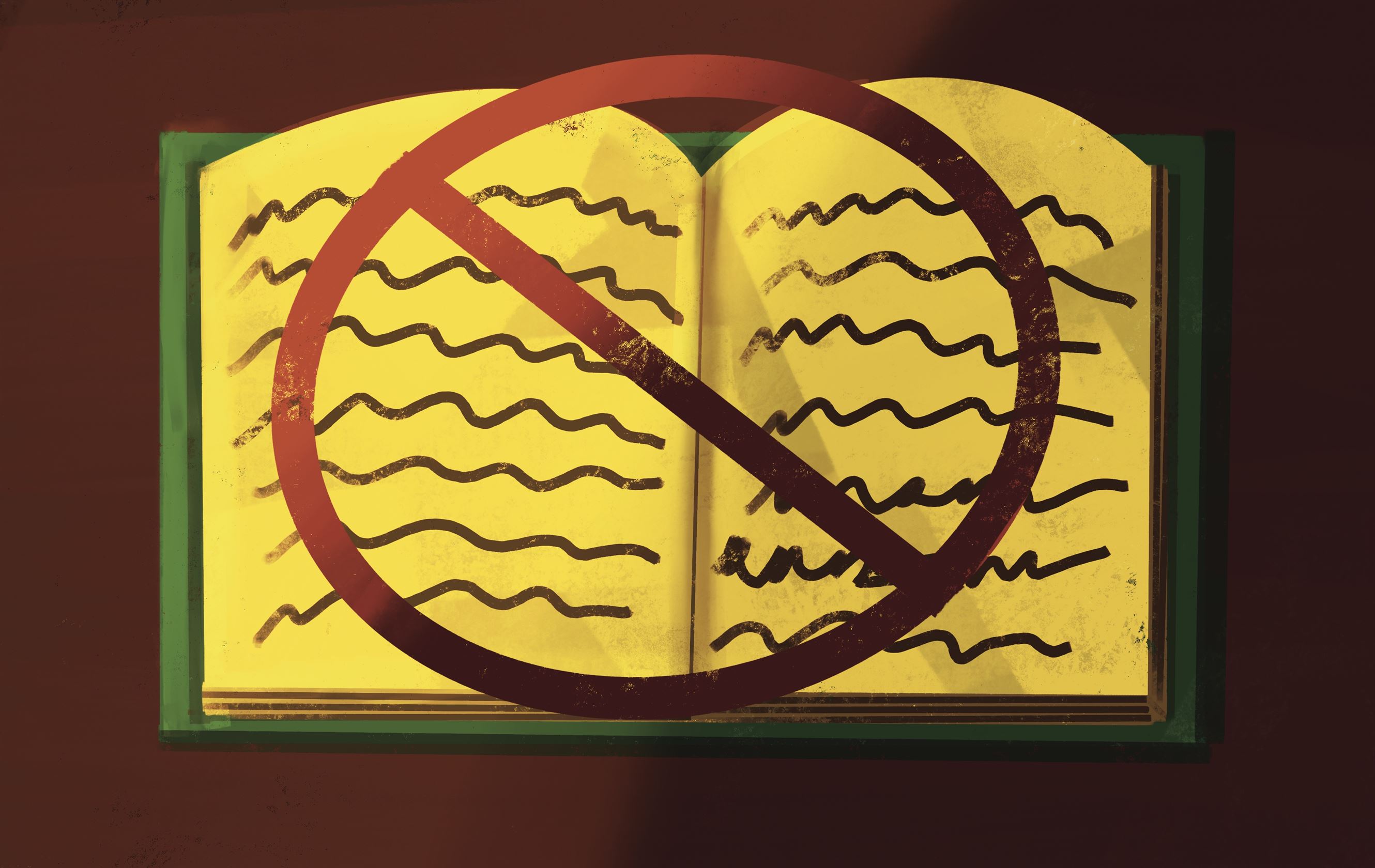More and more efforts are being made to censor the literature that children are reading. Organized groups and individuals are demanding the banning of certain books that contain ideas that go against their values, which often have homophobic and racist undertones.
According to PEN America, in the span of one year, “bans occurred in 138 school districts in 32 states.” This affects nearly four million students throughout the U.S. The data revealed showed that the two leading subject matters that have been seen in bans pertain to LGBTQIA+ themes and conversations around characters of color.
The movement to censor book content has harmful implications and infringes on the rights of students. Students should be able to access a diverse variety of books to learn more about any given topic.
This specifically impacts students of marginalized backgrounds who have only begun to see themselves reflected in media and books in recent years.
A large portion of people in the U.S. oppose book bans, according to a CBS News poll. Regardless of their affiliation on the political spectrum, they overwhelmingly agree that books related to race and U.S. history should not be banned from schools.
Prominent figures like Florida Gov. Ron DeSantis are leading the action. DeSantis has made several efforts to limit the discussion of race and LGBTQ+ representation in the classroom as seen in the “Don’t Say Gay” bill and the “Stop W.O.K.E. Act.”
The push to ban LGBTQ+ content is not only focused on cultivating a conservative and Western-based education, but also further instigating hate and fear of the LGBTQ+ community. The agenda is geared toward erasing LGBTQ+ existence and downplaying American history concerning subjects like race, slavery and genocide.
It’s easy to believe that this issue is only affecting red states, but it has made its way as close as Glen Ridge, New Jersey. A group of Glen Ridge residents tried to have six books with LGBTQ+ themes banned from their local library as reported by Patch.
Many of these books aim to normalize the queer experience and provide comfort for any kids struggling to come to terms with their identity.
The attempt to suppress and censor the books was thankfully met with backlash from the community. The meeting for the library board of trustees included local organizations, Out Montclair, Glen Ridge United Against Book Bans, clergy members, parents and students.
The author of the book “All Boys Aren’t Blue,” which was a part of the six books for the ban, George Johnson, was in attendance with a prepared statement that was delivered by his mother and aunt.
“It’s a sad thing when people have decided that the banning of books, which have not killed a single student, is more important than the banning of guns,” Johnson said.
Ultimately, the Glen Ridge Library voted against the banning and will keep all six books. However, the proposal sends a clear and hateful message to the LGBTQ+ community of Glen Ridge.
As a queer-identifying person, I would have given anything to find a book that reassured and supported my struggle of coming to terms with my sexuality. The journey to self-identity can be intimidating and scary to approach by yourself, especially at a young age.
Though I grew up in the modern digital age, many of the books I read had characters that were always described as white with blonde hair with a crush on a tall, white and brunette guy. This kind of insular mindset had a negative impact on the way I viewed my identity as queer and a woman of color.
Books provide people with an opportunity to explore anything and everything. It is essential that this right is protected and we do not let the agenda of others dictate the way we lead our lives.
People of color and the LGBTQ+ community deserve to feel appreciated and represented in this country.



